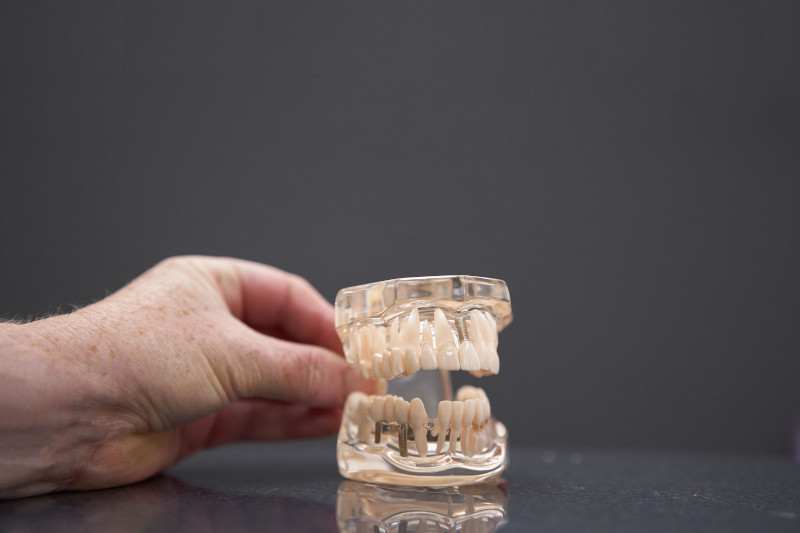Determining if dental implants are the right choice for you depends on several key factors. While dental implants offer an excellent solution for replacing missing teeth, not everyone is an ideal candidate. Below, we outline the main criteria and considerations to help you decide if this treatment is suitable for your needs.
1. Adequate Bone Density and Volume
One of the most important aspects of dental implant success is the condition of your jawbone. The implant post needs a strong, dense bone to anchor securely. If you’ve been missing teeth for a long time, bone resorption may have occurred, reducing the bone volume in the affected area. In such cases, bone grafting procedures can be performed to rebuild and strengthen the jawbone, making implants possible.
2. Healthy Gums
Gum health plays a crucial role in dental implant success. Periodontal disease, if present, can compromise the stability of the implant and may lead to infection or implant failure. Your dentist will check for signs of gum disease and may recommend treatment to ensure your gums are in optimal condition before moving forward with implant placement.
3. Good Overall Health
Because dental implant placement is a surgical procedure, it’s essential to be in good general health. Conditions that affect healing, such as uncontrolled diabetes or autoimmune diseases, can impact the integration process of the implant with the bone (osseintegration). Smokers are also at a higher risk of implant failure, as smoking can impair healing and reduce blood flow to the gums. Quitting smoking or reducing consumption is often advised to improve your chances of success.
4. Commitment to Oral Hygiene
Proper oral care is non-negotiable for implant longevity. Candidates need to demonstrate a commitment to maintaining excellent oral hygiene, which includes brushing, flossing, and attending regular dental checkups. Neglecting oral health can lead to peri-implantitis, a condition similar to gum disease that affects the tissues around the implant.
5. Age and Development
While adults of almost any age can be candidates for dental implants, younger individuals may need to wait until their jawbone has fully developed. Typically, this means waiting until late adolescence or early adulthood, depending on individual growth patterns.
6. Number and Location of Missing Teeth
Dental implants can replace a single tooth, multiple teeth, or even an entire arch using implant-supported dentures. Your dentist will assess the number of missing teeth and their location to recommend the most appropriate treatment plan. Some areas, such as the upper back jaw, may require additional preparation due to thinner bone structure.
Special Considerations
Even if you don’t meet all the criteria initially, options like bone grafts, sinus lifts, or other preparatory procedures can often make dental implants feasible. Your dentist will thoroughly evaluate your medical history and oral health to tailor a personalized plan.

Ready to book a free dental implants consultation?
Dental implants are a long-term investment in your oral health and overall well-being. If you meet most of these criteria or are willing to undergo preparatory treatments, dental implants could be an excellent solution to restore both function and aesthetics to your smile.
At Dental Excel, we offer our patients a free comprehensive consultation at some of our locations – please visit the dental implants page here or give your nearest friendly location a call today to find out more.

